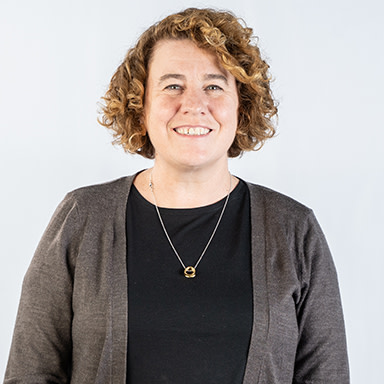
Lucia Fry, Malala Fund's Director of Research and Policy, outlines the actions TES leaders must take to protect and advance girls' education.
According to current rates of progress estimated by the World Economic Forum, we’re still 100 years away from offering 12 years of quality education for all girls and boys. To help get the world on track for achieving Sustainable Development Goal 4, the United Nations will host the Transforming Education Summit (TES) on September 19 in New York City. The summit will bring together governments, organisations and activists from around the world to assess efforts to recover pandemic-related learning losses and set an agenda to prepare for future education challenges. For the event to be a success, it must centre girls’ voices, deliver serious commitments for girls’ education and hold leaders accountable for the promises they make to girls.
The global education crisis is worsening. The pandemic, climate change, conflict and inequality are making it harder for students, especially girls, to go to school and learn. The most pressing violation is in Afghanistan, where the Taliban imposed a ban on secondary school for girls almost one year ago. Yet the global community has done little more than issue statements of concern.
If world leaders truly care about girls’ right to education, this upcoming summit is their chance to prove it. Here is what Malala Fund wants to see from TES organisers and attendees:
Valuing girls’ voices. Get girls involved in meaningful engagement in TES preparatory processes and within the summit itself, including follow-up and accountability mechanisms.
Establishing a fair global compact on education. Bring together commitments made by lower-income and higher-income countries — which reflect their differing capabilities — to ensure that education has funding and policy frameworks in place to reach SDG4.
Holding leaders accountable. Commit to mechanisms that hold leaders of all countries accountable for turning their words into concrete national and international actions.
Acting on Afghanistan. As the only country in the world with a ban on girls’ secondary education, TES must include a spotlight on Afghanistan at the summit. Additionally, the Chair’s statement should urge the international community to scale humanitarian funding, impose targeted sanctions and strengthen human rights monitoring.
To read Malala Fund's comprehensive list of demands for TES organisers and attendees, click here.
